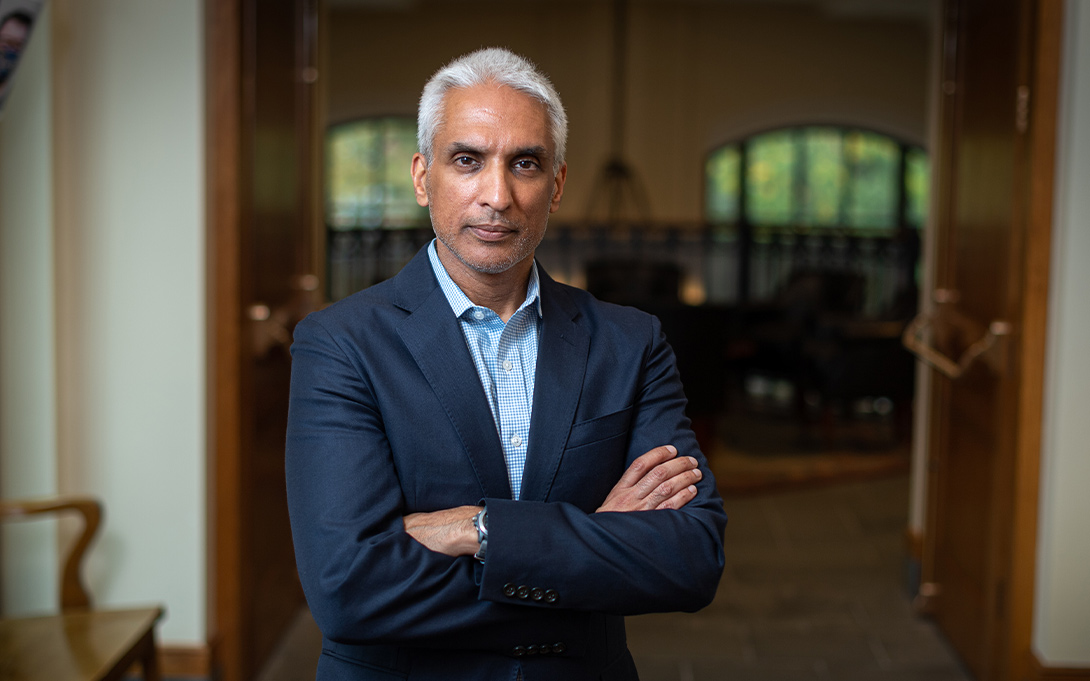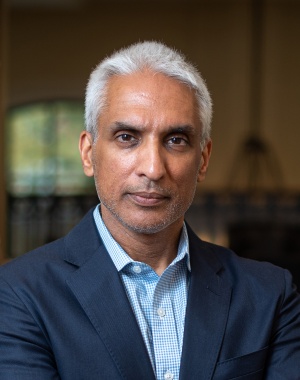
As school shootings continue to be a problem facing America, policymakers can't seem to make progress when it comes to a response, whether that be improved mental health resources or gun control. Frustrated with the lackluster response, Javed Ali, associate professor of practice, suggests turning to a different policy solution — designating K-12 schools as critical infrastructure.
In an op-ed for The Hill, Ali explains that doing so would allow the Department of Homeland Security (DHS) to provide for funding, training, expertise, and support to schools to bolster security and deter future attackers.
DHS focuses on "hardening" U.S. critical infrastructure: heightening physical protection, increasing cybersecurity, and more. In 2018, the Cybersecurity and Infrastructure Security Agency (CISA) was created, consolidating programs into one central organization.
"Currently within CISA, K-12 security rests within a sub-unit in the Infrastructure Security Division called the School Safety Task Force. The Task Force has taken on several responsibilities towards the goal of strengthening safety at K-12 schools throughout the country," Ali writes. "But now would be an ideal time to give serious consideration to expanding this effort within CISA by creating an entirely new division on school safety, or by designating K-12 facilities in the United States as a standalone critical infrastructure sector. As it stands, none of the current sectors overtly align with school safety concerns."
"DHS would have to work with Congress to adjust its budget for such a new initiative. But the good news is that the DHS secretary possesses the authority to designate sectors as critical infrastructure," he concludes. "Given this flexibility, and with bipartisan support from Congress, such a move could start to pay dividends and ultimately prevent future K-12 school attacks."
Read Ali's entire piece in The Hill.
